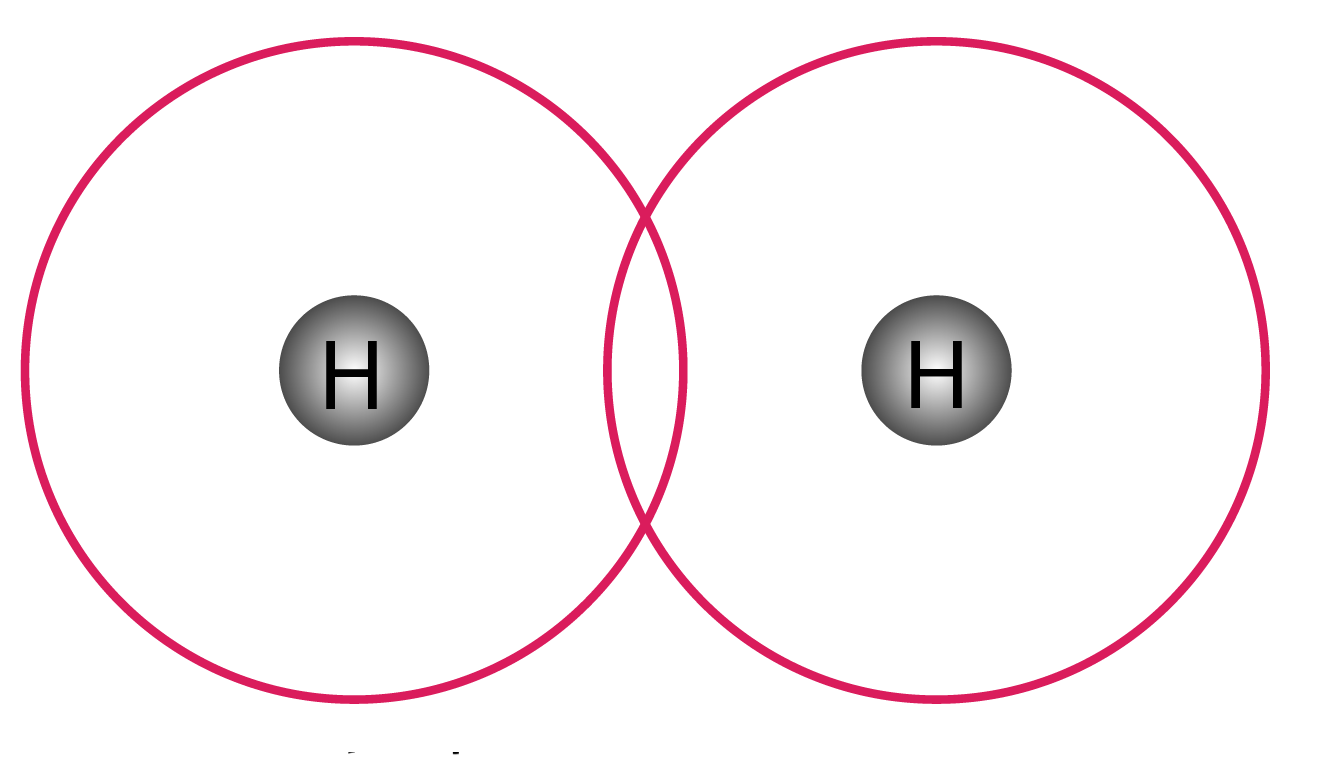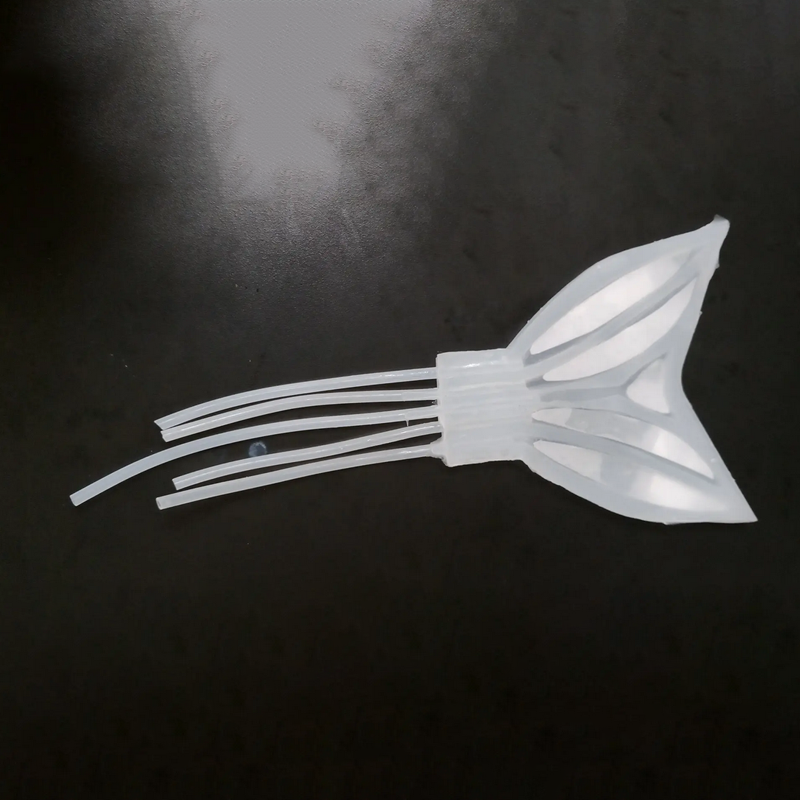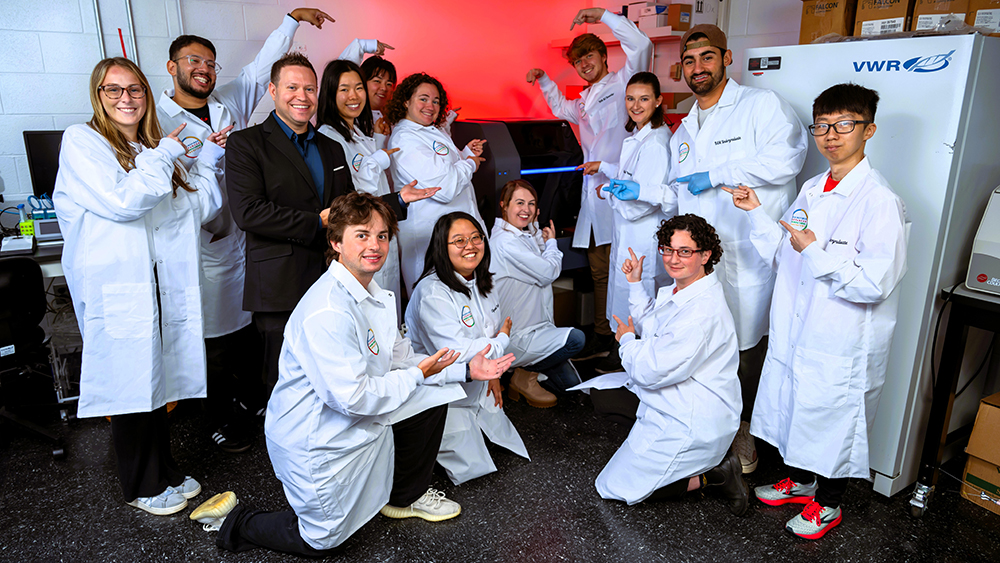News Story
Groth Part of $10 Million DOE Hydrogen Grant

Associate Professor Katrina Groth (pictured) and researchers at the Center for Risk and Reliability will help address a key barrier that has hindered adoption of hydrogen-powered vehicles.
University of Maryland (UMD) Associate Professor Katrina Groth and research partners have been awarded $10 million by the Department of Energy (DOE) for a project that could help overcome one of the key hurdles to widespread adoption of hydrogen-powered vehicles and equipment. The grant is among 20 announced by the Biden administration on August 30, with nearly $62 million in total funding.
"This is a significant achievement that showcases our commitment to advancing hydrogen technology and risk management," said Groth, who is a faculty member in the Department of Mechanical Engineering and associate director of UMD’s Center for Risk and Reliability (CRR). She and the CRR team are partnering with project leader Plug Power to develop a modular, standardized hydrogen refueling station under the grant.
Washington State University and the National Renewable Energy Laboratory are also partnering on the project.
With the U.S. aiming for significant carbon emission reductions by 2030, hydrogen-fueled vehicles are drawing increased attention. Plug Power, which currently operates more than 250 high-performance refueling stations, is helping to spearhead the trend.
"This is a significant achievement that showcases our commitment to advancing hydrogen technology and risk management."
Katrina Groth, associate professor in the UMD Department of Mechanical Engineering and associate director of UMD’s Center for Risk and Reliability (CRR).
Wider adoption of the technology faces a hurdle, however: there aren’t enough fuel stations available to support vehicles on the road. Building more fuel stations, in turn, depends on achieving a critical mass of vehicles that use them—not only for reasons of cost, but also because hydrogen fuel needs to be vented. Over prolonged periods of time, much of it turns into gas and is lost.
Plug Power’s proposed solution, HYPER-Fuel, would make more extended storage times feasible by developing a process of reliquification.
The company and its partners plan to develop a liquid-to-gaseous hydrogen refueling station architecture that is capable of dispensing gaseous hydrogen (GH2) at 350- and 700-Bar, while meeting the DOE targets of 8+ kg/min refueling, 4 tonne per day capacity. As part of the project, a prototype station will be built in the state of Washington. UMD will provide technical expertise to assess and predict the reliability of critical fueling station components to achieve a high reliability.
"At UMD, we lead the way in applying and advancing modern techniques of risk and reliability assessment to new energy technologies," said Harry Dankowicz, chair of the UMD Department of Mechanical Engineering, home of CRR. "With the help of component- and system-level prognostics, our researchers show how risks may be managed, losses eliminated, and performance ensured in complex applications such as hydrogen refueling stations."
The full set of 20 grants announced by the Biden administration aim to build a strong domestic clean hydrogen economy and, in doing so, mitigate threats to the climate. The grants cover 15 states and are focused on various outcomes, including the development and demonstration of hydrogen-powered container-handling equipment for the nation’s ports.
Published October 1, 2024








